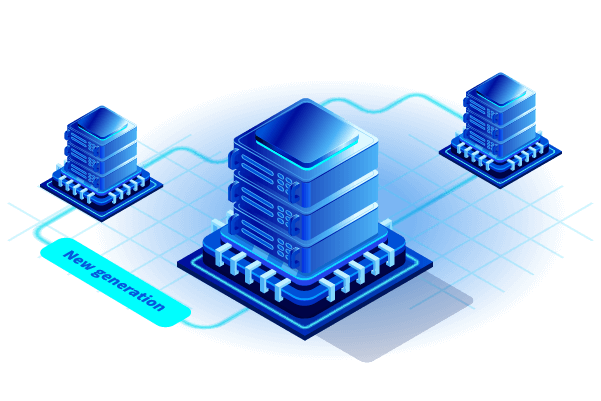IPv6 Subnet
IPv6 eliminates the need for NAT by providing a nearly limitless pool of unique addresses. With an IPv6 subnet, every device can have its own globally routable IP address, negating the address exhaustion issues of IPv4.

NAT Server
Typically used in IPv4 networks, NAT translates private internal IP addresses into a single public IP address for communication with the internet. In IPv6, NAT isn’t usually necessary due to the abundance of IP addresses, but some networks still implement NAT64 or NAT66 to facilitate communication with legacy systems or add an additional layer of control.

Network Management
Subnets allocated can be further sub-divided to unique IPv6 addresses while using NAT.

Cost Efficiency
Using a NAT server may be beneficial if you are slowly transitioning to IPv6 while maintaining existing IPv4 infrastructure, avoiding immediate upgrades to all legacy devices

Increased Latency
NAT introduces additional processing overhead, which can slightly increase latency.

Increased Complexity
Combining an IPv6 subnet with NAT increases the complexity of the network setup.

NAT or IPv6?
IPv6 was designed to eliminate the need for NAT. Introducing NAT in an IPv6 environment reintroduces complexity and overhead, which goes against the principles of IPv6 design.
Due to this, we do not enable IPv6 by default with our NAT plans and instead, offer IPv6 only plans. However, some clients like having the option and this is provided via a self serve bash script available in the root directory.
Frequently Asked Questions
While IPv6 provides nearly unlimited unique addresses, NAT may still be used for:
- Transitioning from IPv4 to IPv6 in dual-stack environments.
- Adding a security layer by masking internal IPv6 addresses.
- Maintaining compatibility.
In NAT environments, private internal IPs share a single public IPv4 address. Ports are statically allocated and port forwarded to the host device thereby reserving the port.
Some ports are shared by default such as 22, 80 and 443 meaning you can host as many websites as you want and resolve them to your NAT server with a domain name pointing to the shared IP.
- Yes, NAT introduces additional processing overhead, which could slightly increase latency. This is less of a concern with modern hardware, but it’s one reason to minimize NAT in IPv6 setups.
- Implement firewall rules to manage traffic at the NAT and IPv6 level.
- Use encryption (e.g., TLS/SSL) to secure sensitive data.
- Regularly update your NAT server and devices to patch vulnerabilities.
Not usually, as IPv6 provides globally routable addresses. However, in NAT setups or mixed shared IPv4/IPv6 environments, port forwarding will still need to be configured if traffic will go over your internal IP.
Our Global Partners
Upstreams providing capacity, transit, additional locations, colocation, CDN, peering and much of our backbone that enables us to provide our services.








Experience The SiteHUB Difference
Outside of excellent hosting services, SiteHUB also provide support that is second to none!!
Links
- Knowledgebase
- Contact Us
- Features
- Uptime Status
- Terms & Policies
- Operating Systems
- Looking Glass
- Who Is Hosting Your Site?
- Blog
